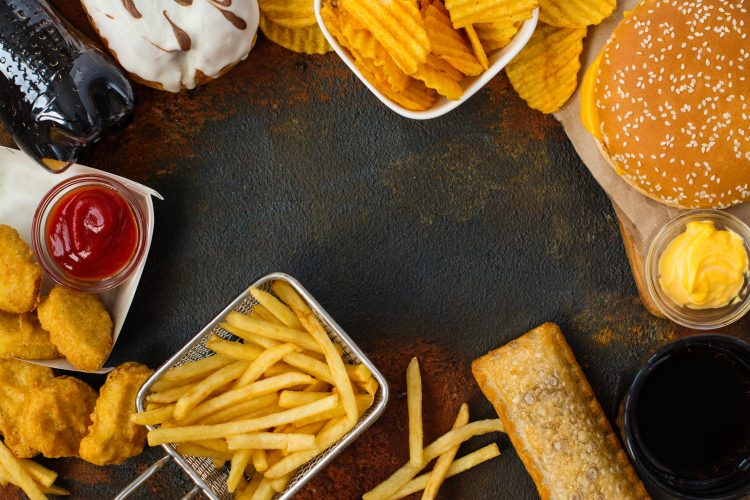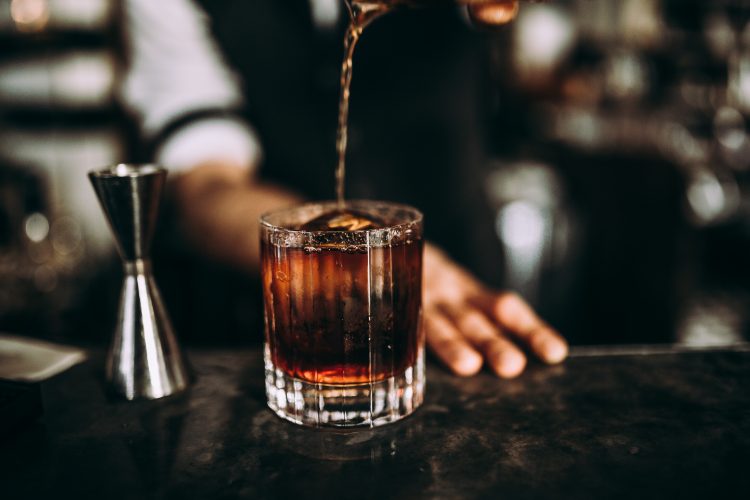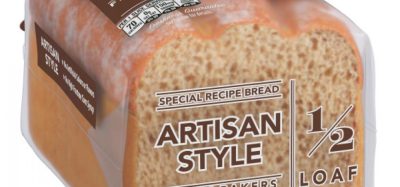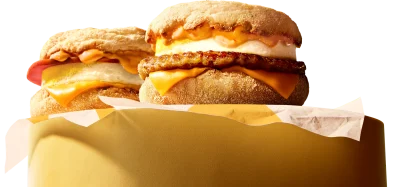Mythbreakers: Does eating greasy food prevent hangovers?
- Like
- Digg
- Del
- Tumblr
- VKontakte
- Buffer
- Love This
- Odnoklassniki
- Meneame
- Blogger
- Amazon
- Yahoo Mail
- Gmail
- AOL
- Newsvine
- HackerNews
- Evernote
- MySpace
- Mail.ru
- Viadeo
- Line
- Comments
- Yummly
- SMS
- Viber
- Telegram
- Subscribe
- Skype
- Facebook Messenger
- Kakao
- LiveJournal
- Yammer
- Edgar
- Fintel
- Mix
- Instapaper
- Copy Link
Posted: 17 March 2022 | Dr Joe Fisher | No comments yet
Can you really prevent the dreaded hangover by eating greasy food after you drink? Food scientist Dr Fisher and the inventor of SOBAR, takes on this popular myth and provides some science-based recommendations on how you can drink smarter.


Does greasy food ease a hangover?
If you are like most drinkers, then there is a good chance that you or someone you know has experienced a hangover at some point from overdoing it with alcohol. You have also probably heard all kinds of advice about how to prevent, minimise, or cure that situation, most of which has had only limited usefulness. Worse yet, you might have heard that eating greasy and unhealthy food after you drink can help out in some way. Well, this article exists to debunk that myth and provide some truly useful information on how to feel better after you imbibe.
Hangovers: the what and the whys
What exactly is a hangover anyway? In simple terms, it is feeling lousy the day after you drink alcohol. More scientifically, and according to the US National Institute on Alcohol Abuse and Alcoholism (NIAAA), a hangover can be defined as:
“A set of symptoms that occur as a consequence of drinking too much. Symptoms include fatigue, weakness, thirst, headache, muscle aches, nausea, stomach pain, vertigo, sensitivity to light and sound, anxiety, irritability, sweating, and increased blood pressure. A hangover can vary from person to person.”
Why do we get a hangover ?
The reason we get hangovers can be due to a number of factors including:
- Your overall sensitivity to alcohol and your ability to metabolise it
- The peak blood level of alcohol that you achieved when you were drinking
- The levels of alcohol breakdown products, like acetaldehyde, that accumulate in your system
- What composes your drinks, including sulphites and congeners (as in darker spirits like Bourbon)
- Alcohol consumption itself includes mild dehydration, disrupted sleep, gastrointestinal irritation, inflammation, and a ‘mini-alcohol withdrawal’.
Hangover symptoms typically last a number of hours but can persist for 24 hours or longer in some cases. Although there may be some things that might help with some of the symptoms of hangovers, in particular keeping hydrated, the best strategy is to avoid getting a hangover in the first place. To help with that we need to get a better understanding of how alcohol is absorbed and metabolised.
How is alcohol absorbed and metabolised?
Alcohol (ethanol) is a small organic molecule that is absorbed freely through your gastrointestinal system, primarily through the stomach and small intestine. Alcohol is metabolised (broken down and destroyed) by an enzyme present in your liver and stomach lining called ‘alcohol dehydrogenase’. When you have a drink the alcohol goes to your stomach first; there it is slowly absorbed, while some of it is also broken down by the enzymes mentioned above. Whatever is not absorbed or destroyed in the stomach goes to your small intestine, where it’s rapidly absorbed (the intestine is like a sponge for alcohol). Whatever alcohol is absorbed through your stomach and small intestine gets into your blood, which passes through the liver where some more is metabolised. Whatever makes it through the gauntlet of the liver then goes into your main blood circulation and that is when you feel the effects of the alcohol. The alcohol gets circulated around and around your body, passing through the liver each time, and is slowly broken down (about one drink’s worth per hour).


Dark spirits, such as bourbon, are absorbed differently to lighter drinks
Drinking smarter 101
Drinking smarter is all about having a plan whenever you consume alcohol. First off, be aware of the alcohol content of what you are drinking and how fast you are consuming your drinks. Drinks with 20 percent alcohol by volume are absorbed the most rapidly, so be extra careful with those and seek out lower alcohol content (or zero) drinks as part of your mix (wine, cider, beer). Now for the important food part of the equation…
If you eat before or while you drink, the alcohol gets stuck in your stomach for a much longer period. Remember that the stomach absorbs alcohol more slowly and metabolises some of it, so food can have a huge impact on the affects you feel from one or two drinks. If you can keep your blood alcohol level from not getting too high (<0.04 percent), you will increase your chances of avoiding a hangover.
Here are some tips for not letting alcohol get the better of you:
- Always eat food when drinking, never drink on an empty stomach
- Eat something five to 10 minutes before you start to drink to get the most benefit per calorie of food
- Continue to eat while you drink, or between drinks, and stay well hydrated
- Eating food of any type (greasy included) after you finish drinking will have a much smaller impact; once the alcohol is in your bloodstream it can only be lowered through metabolism
- Try to eat healthy foods, in particular those high in protein and fiber and healthy fats. Simple carbohydrates and sugars don’t reduce alcohol absorption as much per calorie as milk protein does, for example. Good examples are almonds and cheese for a pre-drink appetiser
- Have a drinking buddy that can help you stick to your drinking plan and set a limit on the number of drinks you will have at any one session.
In summary
Consuming alcohol can be both enjoyable or hazardous, depending on how you consume it. If you don’t drink smart, there is a good chance you can wind up getting yourself into trouble as well as having a hangover the day after.
A great way to help manage your consumption is through understanding and using food better to control alcohol absorption and metabolism. Yes, eating that greasy cheeseburger and fries before or while you drink will have some positive effects, but after you have alcohol in your blood, it will only contribute to weight gain and regret.
About the author
Dr Joe Fisher, M.D., Ph.D. is a biomedical and food scientist trained at Stanford Medical School. After founding Zeno Functional Foods, he focused on the development of functional foods that can improve health and wellness with SOBAR – the first product to come out of that effort.
Related topics
Related organisations
SOBAR, US National Institute on Alcohol Abuse and Alcoholism (NIAAA), Zeno Functional Foods








